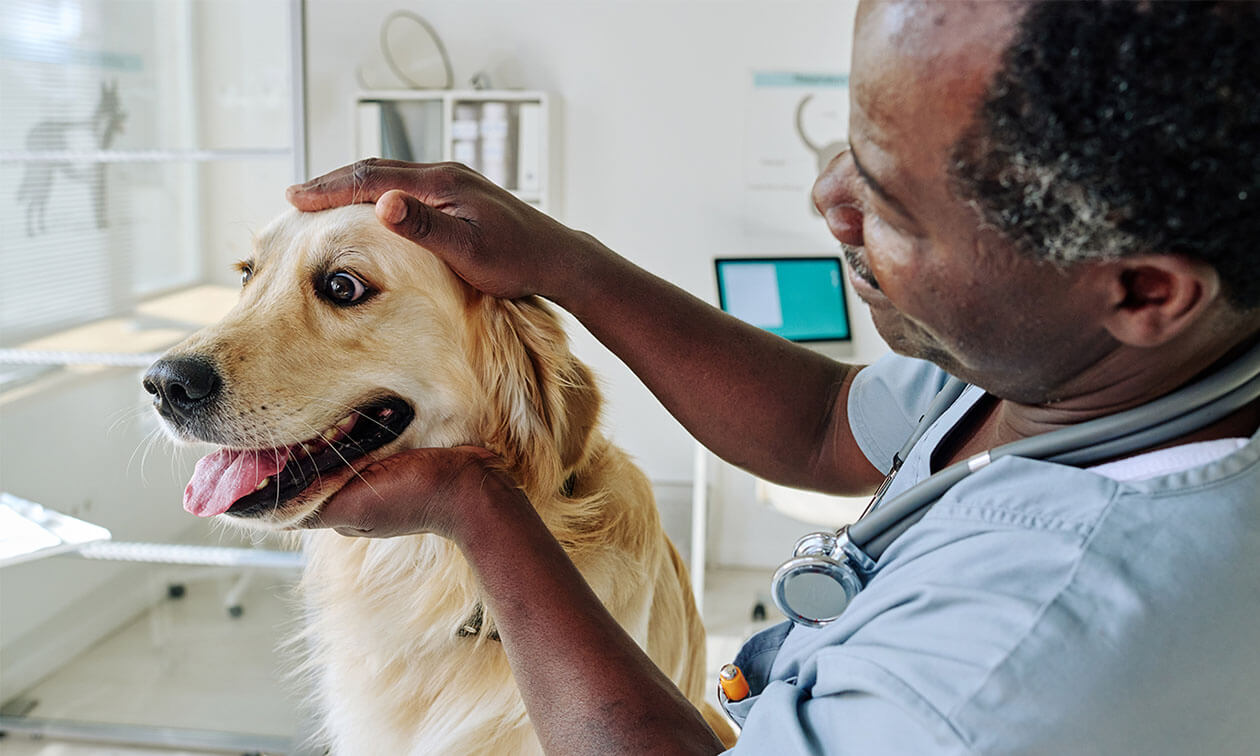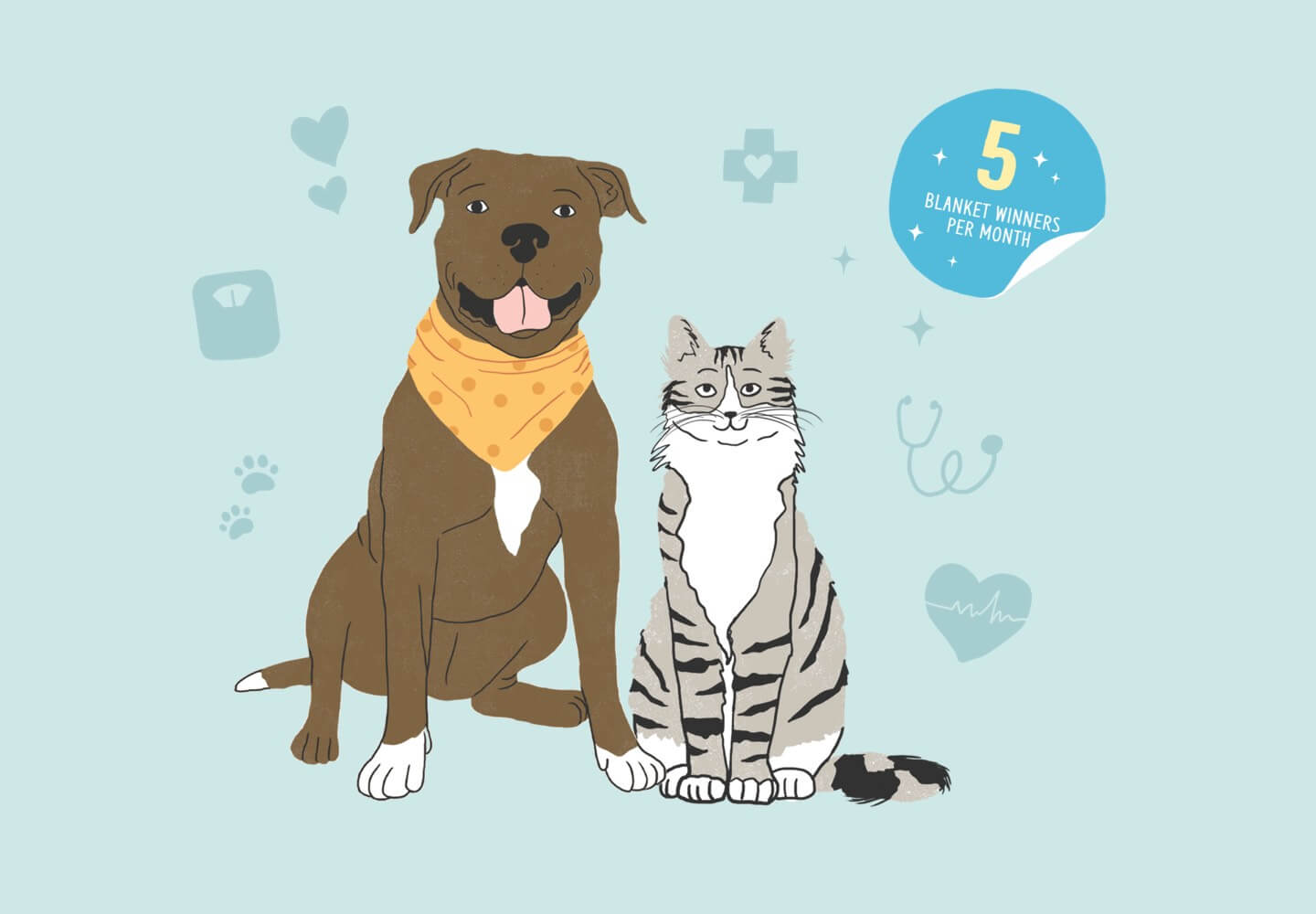The time has come for your dog to have cataract surgery. You're understandably excited at the prospect of improving their vision, yet nervous about all the surgery entails. Understanding the various aspects of this routine ophthalmic procedure and what your dog will need for a speedy recovery will settle your nerves and help you feel prepared.
Understanding Your Dog's Cataracts
Both young and old dogs can have cataracts. They have different causes, such as genetics, trauma, and metabolic issues like diabetes.
When the lens in your dog's eye is healthy, it's clear or transparent. This enables light to pass through to the retina. If the lens becomes cloudy or opaque (referred to as focal or diffuse), light cannot pass through. This is the case with cataracts, resulting in impaired vision or blindness. Fortunately, it can be surgically corrected.
Preparing for Your Dog's Cataract Surgery
Your veterinarian or veterinary ophthalmologist will have you bring your dog in for a pre-operative examination, screening bloodwork (CBC, chemistry, and triglycerides), urinalysis, and specialized ocular tests.
During this visit, they will evaluate your dog's eyes for any secondary issues, such as inflammation or dry eye, and prescribe any necessary eye medications before surgery. They will also check for other medical conditions, like skin infections, ear infections, or dental diseases, that may negatively impact the surgery's success. Any conditions will need to be treated before surgery.
Dogs who are diabetic must be well-regulated prior to surgery. Uncontrolled diabetes leads to an increased risk for complications. Your veterinarian may recommend a blood glucose curve and/or fructosamine or other tests before surgery.
Here are some other things to take care of before the procedure:
- Medication list. You'll need to provide a list of all your dog's medications and supplements to confirm they won't impact the procedure.
- Care list. If your dog is being hospitalized for several days following the procedure, be sure to provide the veterinary clinic with any medications, specialized diets, and care instructions.
- Recovery zone. Prepare a place at home for your dog's recovery — ideally a quiet location away from other pets where your dog can be safely confined. Wash all bedding to help lower the risk of infection.
- Planning for walks. If you use a collar and leash on your dog, your veterinarian may recommend a harness for postoperative walks. This will lessen pressure on the neck that may cause elevations in intraocular pressure.
Understanding Your Dog's Cataract Surgery Procedure
A method called phacoemulsification is performed while your dog is under general anesthesia. The cloudy lens is broken up and removed by an ultrasonic device. In some cases, the lens is replaced with an artificial lens which helps enhance vision. Even if an artificial lens isn't placed, a dog's vision is still dramatically improved.
Recovery Time for Dogs After Cataract Surgery
After-care following cataract surgery is critical and can seem intense, but it's important to follow your veterinarian's discharge instructions carefully for the best long-term outcome. Your veterinarian will give you specific discharge instructions for your dog, but here are some general recovery suggestions. Be sure to follow what they recommend. The recommendations below are general recovery items meant for after the procedure.
The initial healing period takes two weeks. For about two to four weeks after surgery, your dog must wear an Elizabethan collar to protect the eye from accidental trauma. Activity must also be restricted during this period. No running, jumping, or playing, especially with other pets. Leash walk using a harness instead of a collar, and the walks need to be kept short.
It's necessary to apply several different eye drops and topical preparations. The frequency of treatment is generally reduced over a three to four-week period. Oral medications may also be prescribed for several weeks following surgery. While some medications will be short-term, your dog may have to take others for life.
Typically, your dog will have several follow-up visits, the first being one to two weeks after surgery. These visits are critical to maintaining your dog's ocular health.
The Success Rate of Cataract Surgery in Dogs
The procedure is considered successful when your dog can see clearly and maintains normal intraocular pressure for at least one year after cataract surgery.
Cataract surgery has a high success rate of about 90%1. A higher success rate is noted in cases where the cataract appeared more recently compared to those months or years old. The cataract surgery success rate decreases when there are concurrent ocular issues, such as dry eye, inflammation, or retinal degeneration.
Cataract surgery helps prevent other issues, such as lens luxation, that can occur secondarily with untreated cataracts.
Risks and Complications of Cataract Surgery for Dogs
With any surgical procedure, there are inherent risks. These can occur on the day of surgery or days, weeks, and even years later. Ask your veterinarian about potential complications for your dog. Complications are considered low, but could include problems associated with scar tissue and regrowth. Making sure to follow your veterinarian’s post-op instructions will decrease the likelihood of these complications.
Since complications can be delayed, it's important to have your dog checked by their veterinarian once every nine to 12 months or an appropriate cadence that your veterinarian recommends.
Dogs Who May Not Benefit from Cataract Surgery
Every dog and every case is different. Your veterinarian will partner with you to make sure your dog is a good candidate. Dogs may not be good candidates for cataract surgery if:
- They have poor ocular health, including but not limited to corneal scarring, retinal disease, severe dry eye, etc.
- They have pre-existing glaucoma.
- Age or concurrent illnesses, such as heart or kidney disease, means the risks outweigh the benefits.
- They have abnormalities on the bloodwork indicating medical issues that have not been diagnosed.
- They are very old or have a terminal illness limiting life expectancy.
- They do not have a temperament that allows for hospitalization and the intensive postoperative care that is required.
ZPC-02538
- Cataract Surgery. Royal Veterinary College. https://www.rvc.ac.uk/small-animal-vet/teaching-and-research/fact-files/cataract-surgery. Accessed November 1, 2022.



